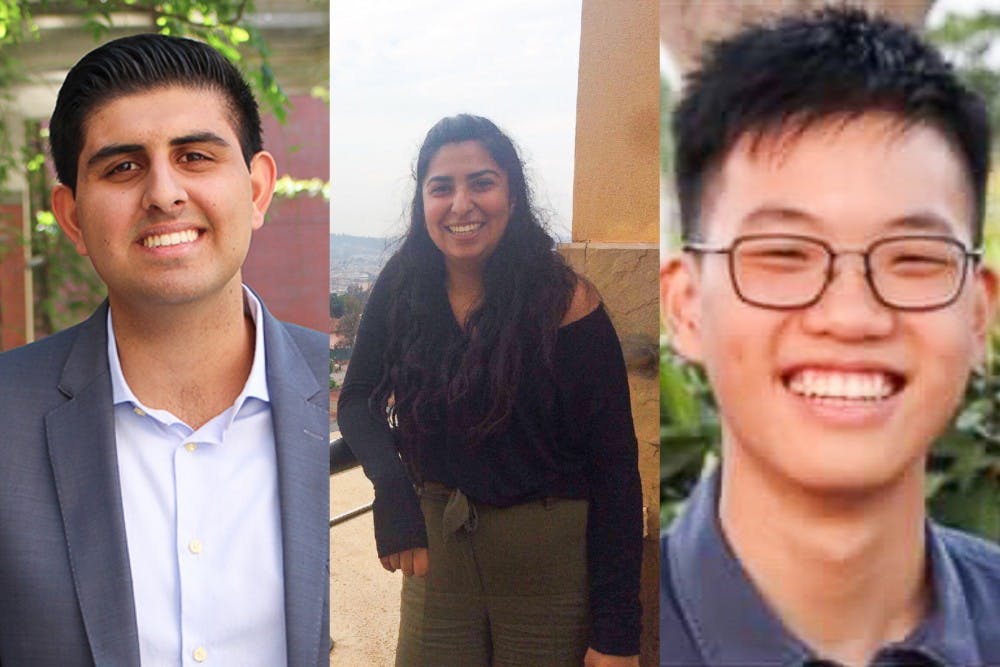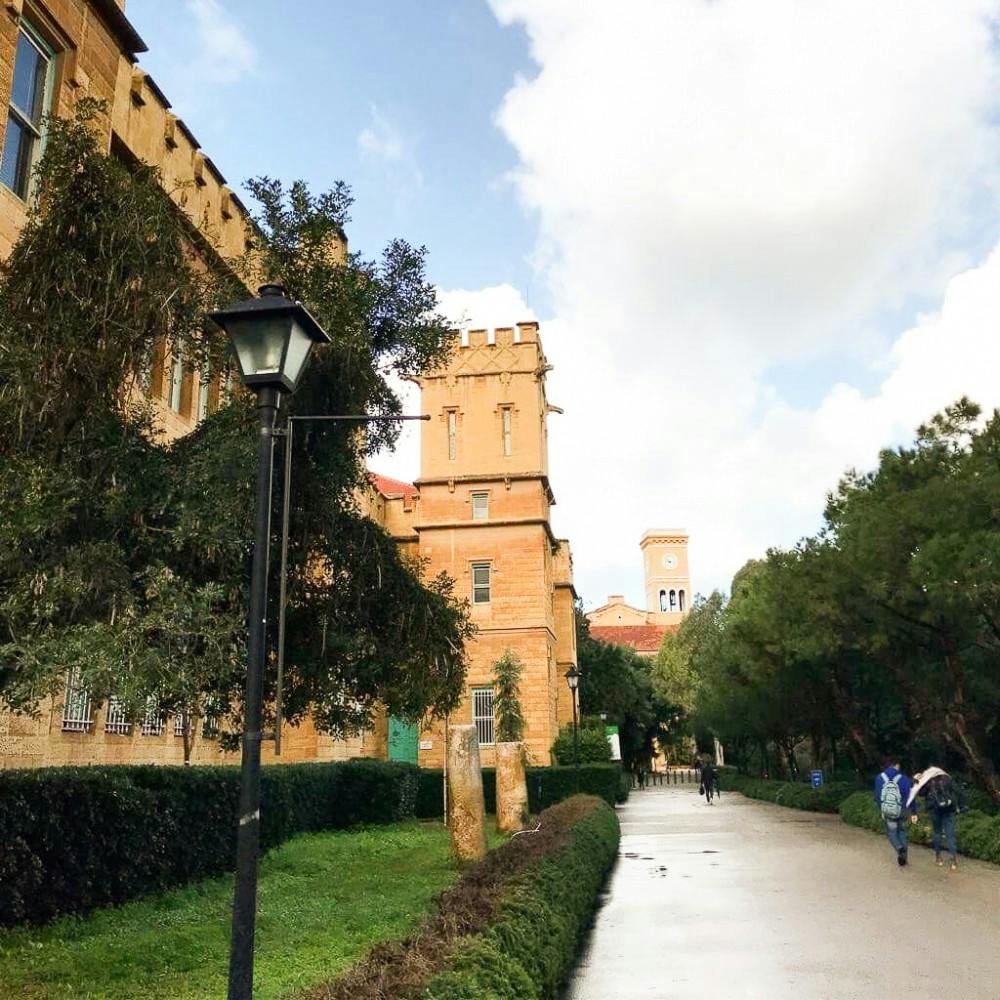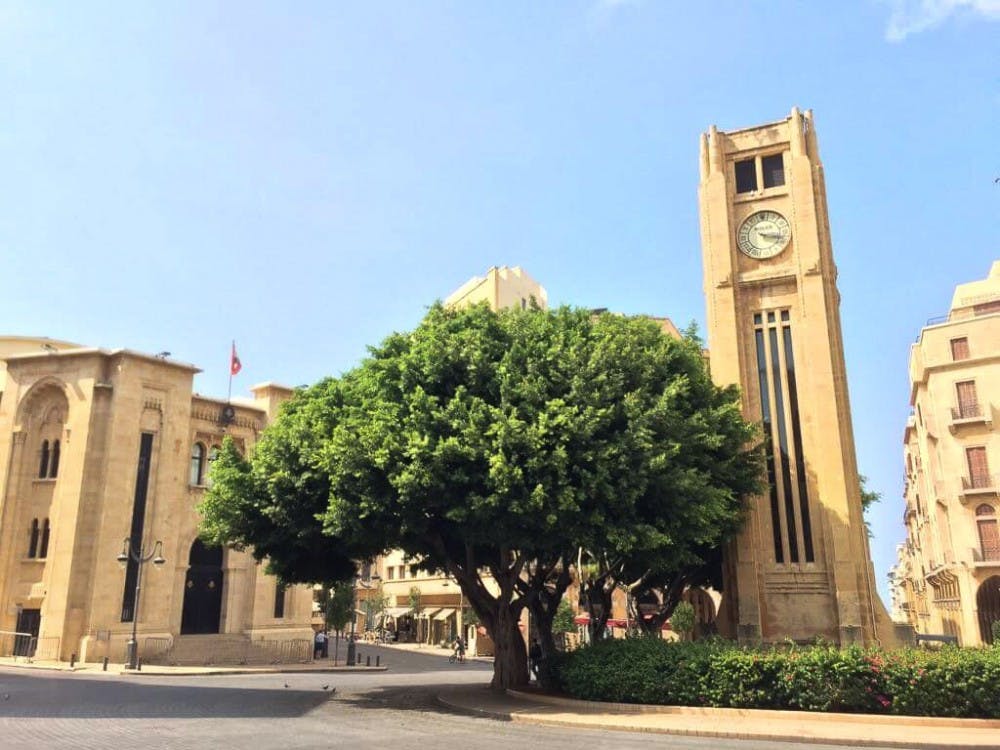
More than 1,000 Penn students study abroad in over 50 countries around the world each year. And while many opt to travel to more familiar or secure locations, others choose to travel to “heightened risk regions.”
Penn Global's Committee on International Travel Risk Assessment deems 70 countries as "heightened security risk regions" for reasons ranging from terrorism threats to fragile government infrastructures.
As of October 2017, 18 locations were marked with a travel security risk rating of "extreme," 58 were marked with a rating of "high," and 31 were marked with a rating of "medium."
These risk levels are based primarily on the risk ratings of International SOS, the world's largest medical and travel security services firm. The U.S. Department of State Travel Advisory is taken into account as a secondary measure as well.
Students wanting to study abroad in these regions must take extra steps to get their programs approved.
In addition to the standard application process, Penn Abroad requires students planning to study in heightened risk regions to complete the Undergraduate Travel Request Process. After reviewing their travel requests, the Committee on International Travel Risk Assessment provides safety recommendations.
“Typically, most students are approved, but they are approved under the condition that they take our recommendations into account,” Penn Abroad Director Nigel Cossar said. “The whole process is centered exclusively on our students’ safety abroad.”

Sometimes, students can also successfully petition to study abroad in heightened risk regions as participants of non-Penn affiliated programs.
College senior Shirin Vetry petitioned to study in Kampala, Uganda last semester, as part of School of International Training's Uganda Development Studies. Though the region was deemed “high risk” due to concerns regarding road safety and crime, she said that the non-Penn affiliated program was an excellent opportunity to work with refugees, while also writing her senior thesis.
“Uganda is the biggest host of refugees in Africa and is known for its particularly benevolent refugee policies,” Vetry said. “Studying there was a perfect way to blend all of my passions, so I petitioned for the program.”
Due to the unique nature of her study abroad program, Vetry had to complete a large amount of paperwork and obtain approval from her Penn Abroad and major advisors. She described the process as “pretty stressful” but definitely worthwhile, given the academic merit of the program.
Many students agree that, despite the additional steps they have to take to get their programs approved, they are often pleased with the support they get from Penn Abroad.
College and Engineering junior Oliver Chan said Penn Abroad provided “incredible support” to ensure his safety and said that the office has been extremely accommodating.
Chan is currently studying in Amman, Jordan, a city classified as “medium risk” due to concerns stemming from potential militant attacks.
Chan said that the additional application process was extremely streamlined.
“The forms and the waivers were extra hurdles along the way, but I think Penn Abroad made the process to be as painless it can be,” he said.
Chan wanted to participate in the program, which has been affiliated with Penn for over a decade, because of the intensive academic offerings in Arabic and the homestay aspect of the program, which he described as “integral” to a study abroad experience.

He added that he does not notice any imminent risks involving bodily harm while in Jordan.
College and Wharton sophomore Jonathan Lahdo appreciated Penn Abroad's responsiveness to unexpected political events.
This spring, Lahdo will be studying at the American University of Beirut in Lebanon, which was deemed “medium risk” because of concerns regarding terrorism and conflicts in neighboring regions.
Having visited the country several times, Lahdo said he believes that despite the country’s political instability, the dangers do not manifest themselves in day-to-day lives.
When the prime minister of Lebanon abruptly resigned last year — an event that sparked political turmoil in the country — Penn Abroad responded with “great flexibility,” according to Lahdo.
“When the announcement came out, they actually sent us an email giving us the option to cancel our semester abroad plans even though it was past the deadline,” he said.
Both the programs in Jordan and Lebanon are Penn-sponsored programs, which are subject to review every four years.
Penn Global's Committee on International Travel Risk Assessment updates the list of heightened security risk regions every month, under the review of Jamie Molyneux, the director of International Risk Management, and in accordance with the U.S. Department of State Travel Alerts and Warnings.
The list is subject to change in cases of unexpected political events or natural disasters. In the wake of protests in Egypt in 2011, Penn Abroad discouraged students from studying abroad in the region and offered backup options elsewhere in the Middle East.
The deadline to study abroad through a non-Penn affiliated is Feb. 1.
Correction: The print version of this article which ran on Jan. 29, 2018 was attached to a map that contained a geographic error. The DP regrets the error.
The Daily Pennsylvanian is an independent, student-run newspaper. Please consider making a donation to support the coverage that shapes the University. Your generosity ensures a future of strong journalism at Penn.
Donate







